30 Dec


Posted By
0 Comment(s)
531 View(s)
Strategies for making practice more productive, focusing on skill development and preparing for live gigs.
1. Set Clear Goals for Every Session
- Why It Matters: Practicing without clear objectives can lead to wasted time and slow progress. Goals give your sessions focus and structure.
- Tips:
- Identify specific skills to improve, such as transitions, beatmatching, or scratching.
- Create short-term goals (e.g., nailing a complex transition) and long-term goals (e.g., mastering a new genre).
- Use a practice journal to track progress.
- Example: "Today, I’ll practice 10 seamless transitions between house tracks and master scratching techniques for 15 minutes."
2. Curate a Practice-Friendly Playlist
- Why It Matters: The right music can make or break your practice session.
- Tips:
- Choose tracks with varying BPMs and genres to practice transitions and adaptability.
- Include challenging tracks to push your limits.
- Organize playlists for specific goals (e.g., one for beatmatching, another for genre blending).
- Recommended Tools:
- Platforms like Rekordbox, Serato DJ, or TIDAL for accessing and organizing your music.
3. Create a Dedicated Practice Space
- Why It Matters: A well-organized space minimizes distractions and keeps your gear ready to go.
- Tips:
- Dedicate a corner of your home to your setup.
- Ensure proper lighting, cable management, and seating arrangements.
- Use headphones or monitor speakers for accurate sound feedback.
- Pro Tip: Keep your setup simple but functional to simulate gig conditions.
4. Break Down Complex Techniques
- Why It Matters: Trying to learn too much at once can be overwhelming.
- Tips:
- Focus on one technique per session, such as advanced EQing or scratching.
- Break down skills into smaller, manageable steps.
- Use online tutorials or attend masterclasses for expert guidance.
- Example Practice Routine:
- Warm-up: Beatmatching drills (10 minutes).
- Core Skill: Practicing hot cues or effects (20 minutes).
- Wrap-Up: Freestyle mixing to reinforce concepts (15 minutes).
5. Simulate Live Gig Conditions
- Why It Matters: Practicing under realistic conditions builds confidence and prepares you for high-pressure situations.
- Tips:
- Record your sets and listen back to identify areas for improvement.
- Practice in longer blocks to mimic gig durations.
- Use a timer to replicate tight transitions or set limits.
- Recommended Gear:
- Pioneer DDJ-FLX10: Ideal for recreating professional mixing conditions.
- QSC K12.2 Speakers: Get that live gig feel with crystal-clear sound.
6. Incorporate Creative Challenges
- Why It Matters: Challenges push your boundaries and inspire creativity.
- Ideas:
- Mashup Challenge: Combine two tracks from completely different genres.
- BPM Jumps: Seamlessly transition between tracks with vastly different tempos.
- Random Cue Points: Use random hot cues to create spontaneous remixes.
7. Learn from Mistakes
- Why It Matters: Mistakes are valuable learning opportunities when approached with the right mindset.
- Tips:
- Revisit tricky sections until you get them right.
- Ask for feedback from peers or post mixes online for constructive critique.
- Keep a log of common mistakes and strategies to overcome them.
8. Stay Consistent and Motivated
- Why It Matters: Regular practice builds muscle memory and keeps your skills sharp.
- Tips:
- Set a regular schedule and stick to it, even if it’s just 30 minutes a day.
- Reward yourself for hitting practice milestones.
- Join DJ communities or forums for support and inspiration.
Productive DJ practice sessions are about setting clear goals, using the right tools, and constantly challenging yourself. Whether you’re fine-tuning a specific skill or preparing for your next gig, consistent and structured practice is the key to taking your performance to the next level.
???? Need professional gear to maximize your sessions? Explore our top picks here.

-150x150.jpg)
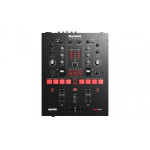

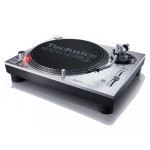

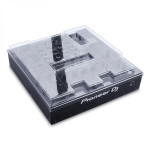
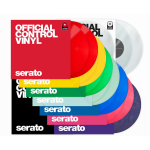
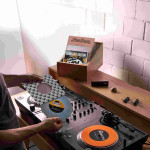
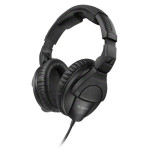
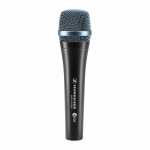
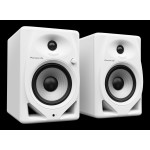
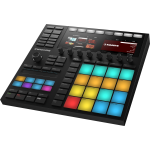
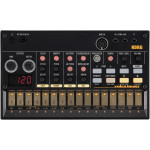
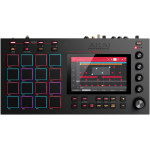
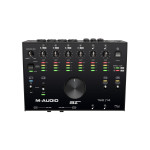
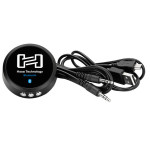
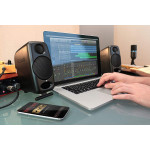
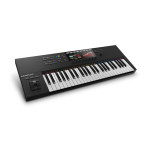

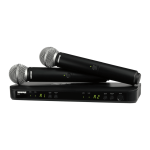
-150x150w.jpg)
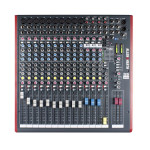
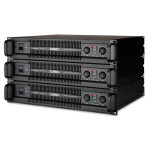
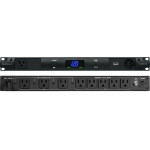

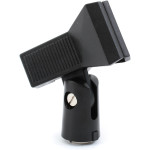
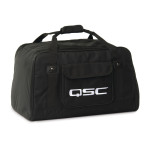
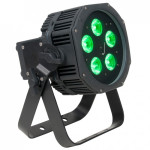
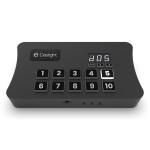
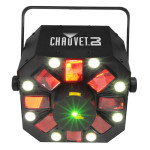
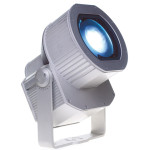
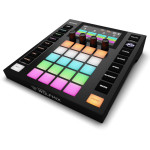

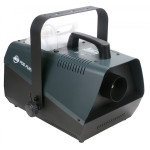
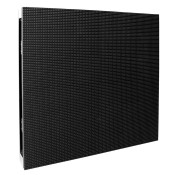
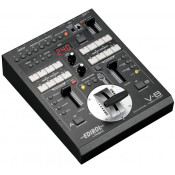
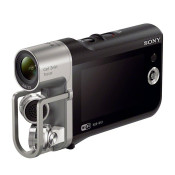

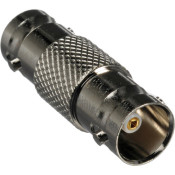
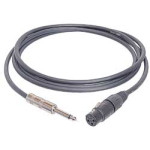
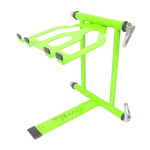
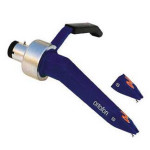
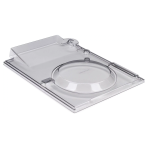
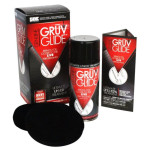


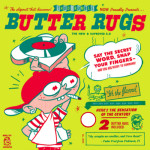
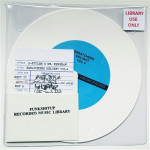
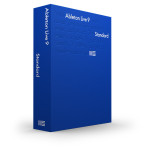
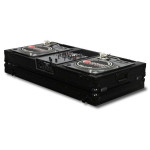
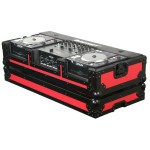
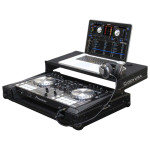
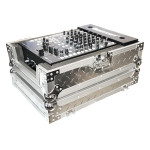
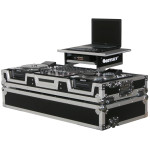
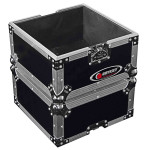
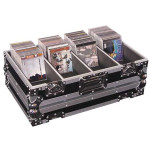
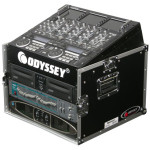
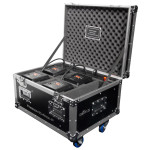
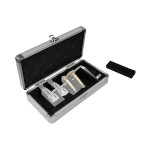
Leave a Comment